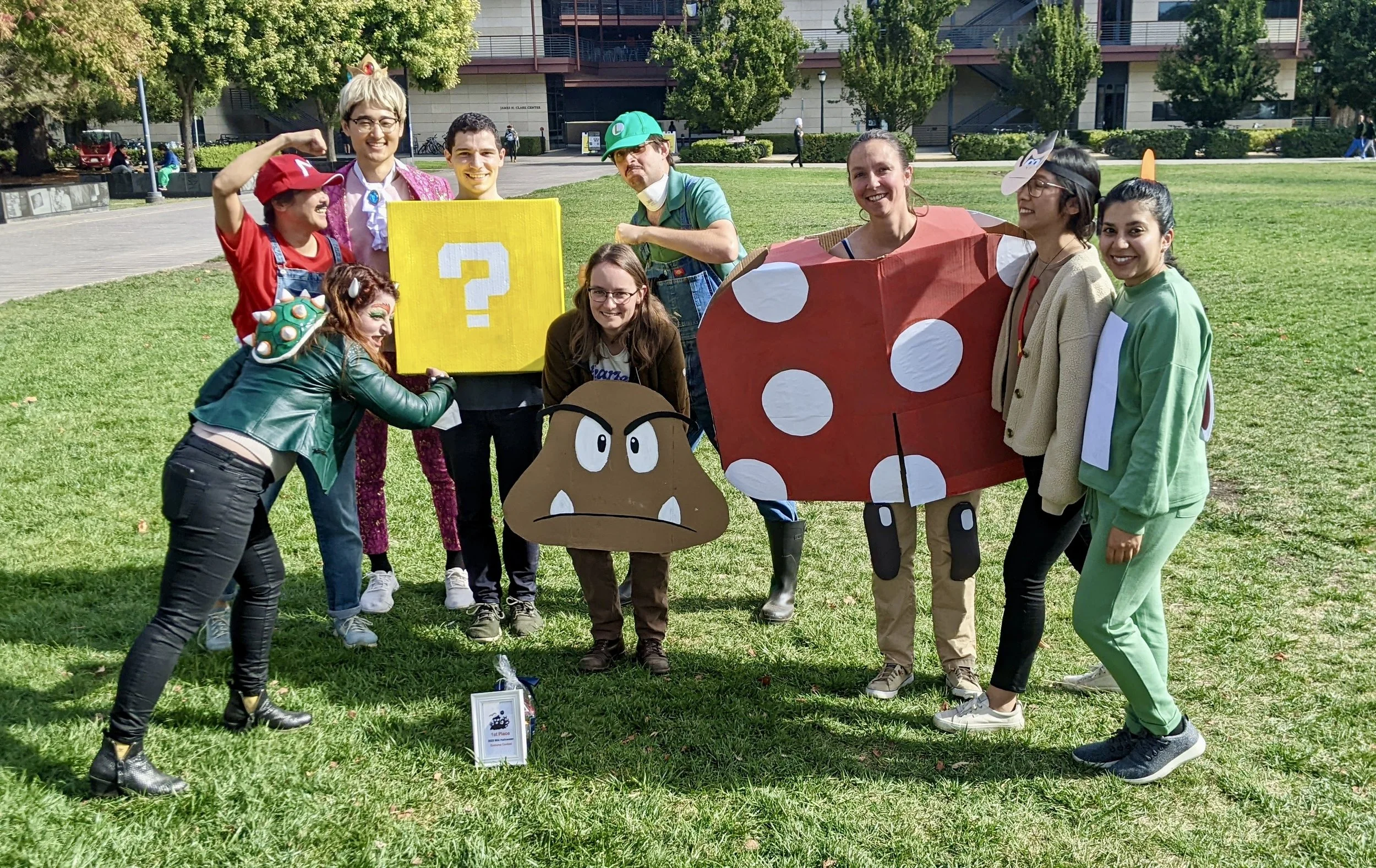We are seeking enthusiastic individuals motivated by challenging questions in microbial ecology as solutions for planet health to join our lab team.
The focus of our research program is environmental microbes with unique ecological functions that could provide novel solutions for planet health. Organisms we are currently working on include a nitrogen-fixing diatom and an oil-producing algae for drop-in fuels. We are recruiting postdocs with interests in evolutionary biology, microbial ecology, non-model organisms, and synthetic biology. Skills in genomics or metabolomics would be especially helpful. The groundwork has been laid for exciting opportunities, so now is a great time to join!
PhD Student: Email ellenyeh@stanford.edu to schedule a rotation.
Post-doctoral Fellow: Send 1. curriculum vitae, 2. 1-2 paragraphs describing research interests, 3. list of 2-3 references to ellenyeh@stanford.edu.
Examples of projects recruiting:
Symbiogenesis in algae. We are investigating a nitrogen-fixing cyanobacteria endosymbiont in Epithemia diatoms that appears on its way to become the first bonafide nitrogen-fixing organelle. The genome sequence of the diatom host is available and ready to be mined for EGT/HGT that facilitated the endosymbiosis, metabolite exchange between diatom and endosymbiont that allows fueling of energy-intensive nitrogenase, and clues to how this diatom has managed to run photosynthesis and nitrogen fixation (chemically incompatible processes) in the same cell. Useful skills: evolutionary biology, metabolomics, ecology
Engineering nitrogen-fixing endosymbioses for sustainable agriculture: We are highly motivated to in translate our basic science studies in natural nitrogen-fixing endosymbioses into a blueprint for synthetic biology. The availability of nitrogen limits agricultural productivity, such that modern agriculture uses the energy of fossil fuels to produce nitrogen-rich fertilizer. The use of nitrogen fertilizers has been a game changer for crop yields. But synthetic fertilizers have significant negative environmental consequences including greenhouse gas emissions, soil degradation, and coastal dead zones. Engineered synthetic endosymbioses is a new approach toward nitrogen-fixing crop plants that make their own natural fertilizers. We are taking innovative synthetic biology and cell engineering approaches to achieve this important goal. Funding has been secured; recruiting creative, motivated postdocs and staff scientists to execute the vision. Useful skills: plant biology, membrane biophysics, microfluidics.
Algae biofuels. Biofuels are an important and underdeveloped component of a renewable energy strategy. Current first-generation biofuels produced from edible crops have a number of indirect consequences that reduce their economic and environmental benefits. Algae are a promising source of next-generation biofuels. The green microalgae Botryococcus braunii has unique advantages as a potential biofuel producer: It biosynthesizes hydrocarbons that are readily converted into petroleum-equivalent fuels and stores these hydrocarbons in extracellular space where they are more readily extracted, addressing two energy-intensive and costly steps in biofuels production. We propose to identify the genes required for hydrocarbon biosynthesis and export in B. braunii, develop methods to genetically modify B. braunii to optimize its growth and/or hydrocarbon production, and introduce its hydrocarbon biosynthetic and export genes into heterologous organisms. Useful skills: genome assembly/annotation, synthetic biology, secretion cell biology

